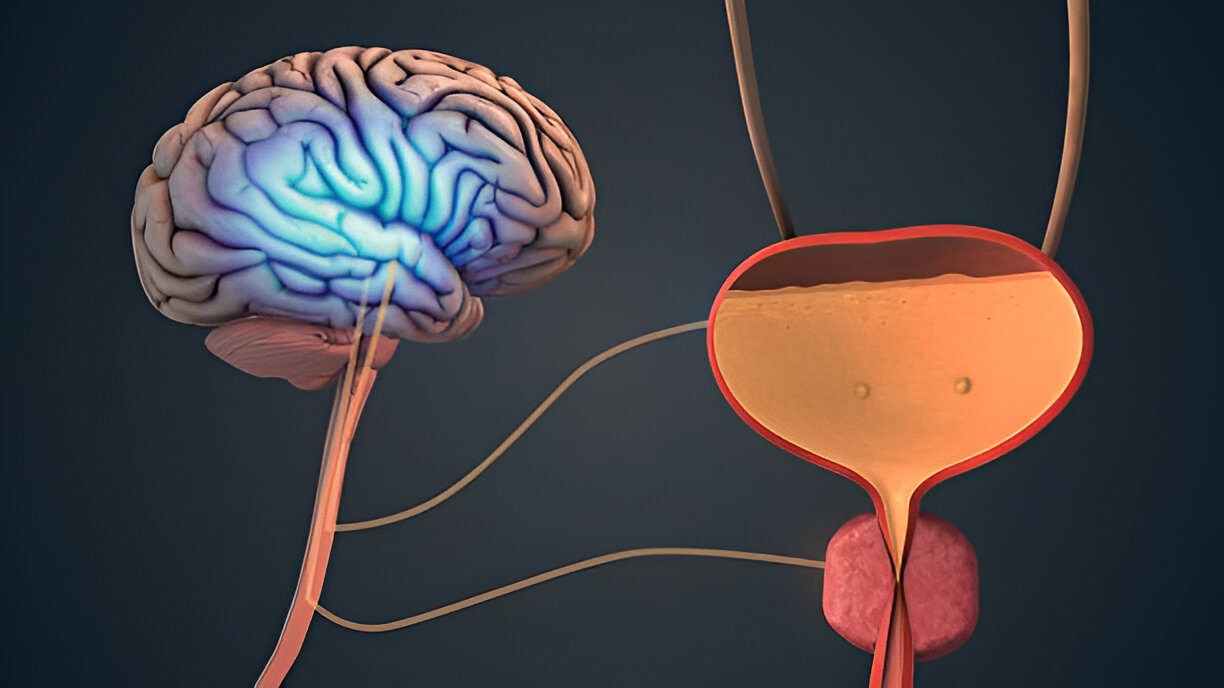Visit Time
Dr. Debabrata Sabat is available for consultations during the following hours:
Monday - Friday
8:00 - 4:00

5 Everyday Habits That Can Improve Bladder Control
Bladder control issues, such as frequent urination or leakage, can be both frustrating and embarrassing. While some cases may require medical intervention, many people can significantly improve their bladder health by making simple lifestyle changes. Five everyday habits can help you strengthen your bladder control and regain confidence.
1. Stay Hydrated — But Smartly
It might sound counterintuitive, but drinking enough water is essential for bladder health. Dehydration can make urine more concentrated, which may irritate the bladder and increase the urge to urinate. However, excessive fluid intake, especially in a short period, can overwhelm the bladder.
Tip: Aim for 6–8 glasses of water daily. Reduce intake a few hours before bedtime to avoid nighttime trips to the bathroom.
2. Practice Bladder Training
Bladder training involves gradually increasing the time between trips to the bathroom. It helps stretch the bladder so it can hold more urine, reducing urgency and frequency.
How to do it:
Start by delaying urination for 5–10 minutes when you feel the urge.
Gradually extend the time between visits by 15-minute intervals. Over time, you’ll find that you can go
longer without needing to urinate.
3. Do Pelvic Floor Exercises (Kegels)
Strengthening the pelvic floor muscles is one of the most effective ways to improve bladder control, especially for women after childbirth and older adults.
How to do Kegels:
Tighten the muscles you would use to stop the flow of urine. Hold
for 5 seconds, then relax for 5 seconds. Aim for three sets of 10 repetitions daily. Consistency is key
— results may take a few weeks to show.
4. Watch Your Diet
Certain foods and drinks can irritate the bladder and worsen urinary symptoms. Common culprits include caffeine, alcohol, spicy foods, citrus fruits, artificial sweeteners, and carbonated beverages.
Tip: Keep a food diary to track what you eat and drink, and note when symptoms worsen. This can help identify and eliminate triggers.
5. Maintain a Healthy Weight
Excess body weight, especially around the abdomen, can put pressure on your bladder and pelvic floor muscles, increasing the risk of leakage or stress incontinence.
Tip: Incorporate regular physical activity and a balanced diet into your daily routine. Even modest weight loss can improve bladder control.
When to See a Urologist
If you’ve tried these habits and still experience bladder issues like urgency, frequency, or leakage, it’s time to consult a urologist. Conditions such as urinary tract infections, bladder stones, or overactive bladder syndrome may require medical treatment.
“Bladder control isn't just about managing symptoms — it's about empowering yourself through small, consistent habits.”
Conclusion
With just a few lifestyle adjustments, you can take charge of your urinary health and improve your overall quality of life. Remember, your bladder deserves care too!